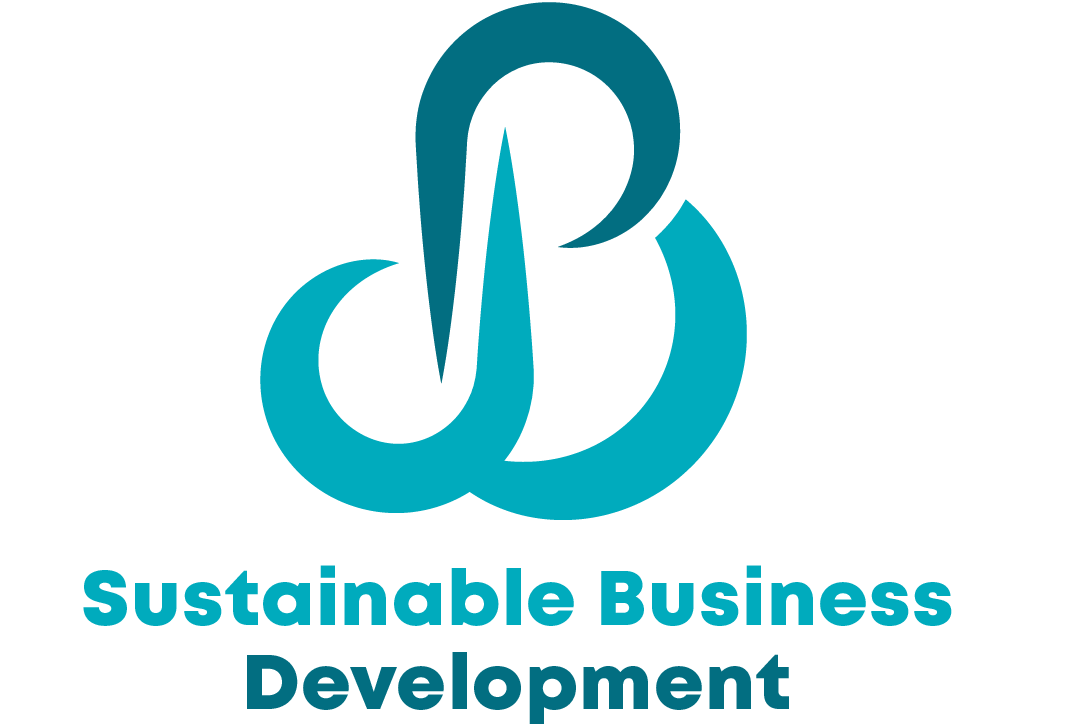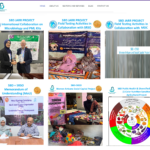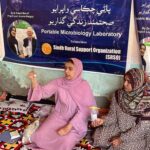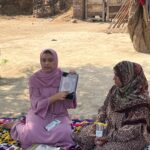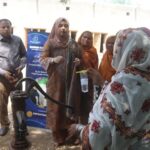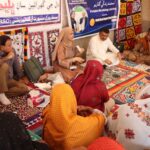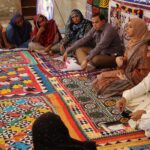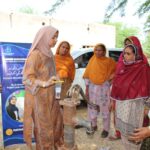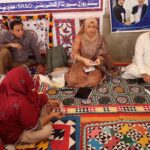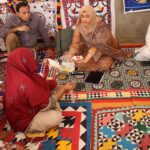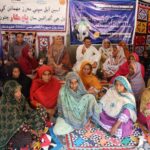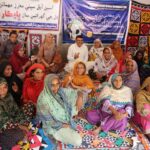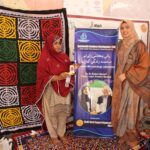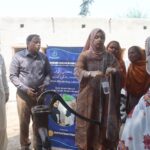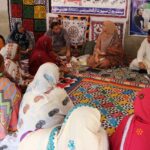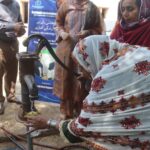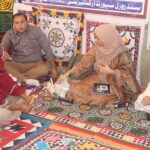 Water Quality in Sindh and Its Impact on Health
Water Quality in Sindh and Its Impact on Health
Access to clean drinking water remains a critical challenge in Sindh, where a significant portion of the population relies on untreated groundwater and surface water sources. Due to poor sanitation and improper waste management, water contamination by harmful pathogens such as E. coli and coliform bacteria is widespread. This contamination leads to a high prevalence of waterborne diseases, including diarrhea, cholera, and typhoid, which disproportionately affect vulnerable groups, especially women and children. These health issues contribute to high morbidity and mortality rates in the region. Improving water quality is essential to breaking the cycle of preventable diseases and enhancing community well-being.
The Importance of Water Testing with Portable Kits
Innovative tools such as the Portable Microbiology Laboratory (PML) Kit, designed by Dr. Robert Metcalf, are transforming water quality testing by making it accessible, efficient, and community-focused. These kits can detect harmful bacteria like E. coli and coliforms within 24 hours, enabling prompt identification of unsafe water sources. In collaboration with SRSO in upper Sindh and MDC in lower Sindh, SBD has initiated a project to promote water testing and awareness in rural communities. Ms. Anosha Nangraj is actively utilizing the PML kits to engage female community members, teaching them the significance of safe drinking water and the role of testing in preventing health risks.
Initial results from these efforts were shared with Dr. Metcalf, resulting in the provision of additional kits to expand testing across Sindh. In Hyderabad district, SBD and its partners are conducting community surveys, selecting water testing areas, and cross-verifying PML kit results with those obtained from PCRWR testing methods. Following the testing and awareness phase, SBD aims to enter a new stage of community engagement to promote sustainable safe drinking water practices, contributing to healthier lives and improved public health outcomes.
Initial results from these efforts were shared with Dr. Metcalf, resulting in the provision of additional kits to expand testing across Sindh. In Hyderabad district, SBD and its partners are conducting community surveys, selecting water testing areas, and cross-verifying PML kit results with those obtained from PCRWR testing methods. Following the testing and awareness phase, SBD aims to enter a new stage of community engagement to promote sustainable safe drinking water practices, contributing to healthier lives and improved public health outcomes.

